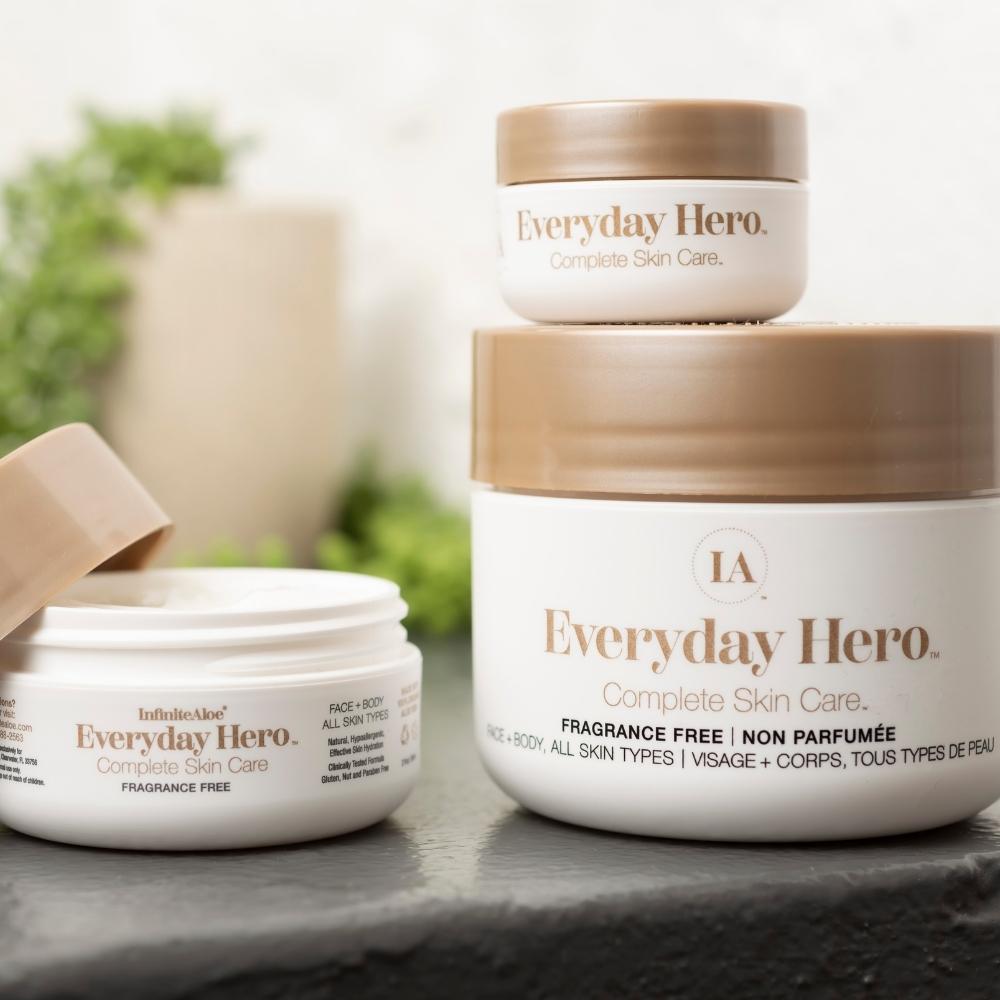Are you tired of spending a fortune on cleansers and creams that promise you a youthful appearance but never deliver? Have you ever wondered how ancient beauties maintained their flawless skin without modern-day skincare products? Well, in today's world, we are becoming more conscious of natural and organic skincare products, and ancient beauty secrets are now being unearthed.
Maintaining healthy skin is essential, and using facial masks is a great way to keep your skin nourished, fresh, and young. Facial masks have been used for thousands of years and are highly regarded in cosmetics. They come in different types for different skin types, but their purpose is to activate blood circulation and stimulate skin nourishment. Masks also have healing qualities that can narrow pores, remove irritation, refine, and cleanse the skin.
The ancient Egyptians and Romans widely used plant oils, creams, tars, herb lotions, exotic oils, and much more to refine their skin, remove pigmented spots, and other defects. Cleopatra herself used herb lotions, bleached her face with milk products, nourished her skin with berry juices, and smoothed wrinkles with masks from eggs. These ancient beauty secrets are now being rediscovered, and their benefits are numerous.
Here are some simple tips for using facial masks:
- Avoid using masks with honey if you have wide facial blood vessels.
- If you have allergic reactions to certain foods, herbs, or ingredients, avoid using masks containing those items.
- Buy your ingredients from ecologically conscious stores.
- Use only fresh ingredients.
- Prepare your mask and use it right away. Don't store leftovers. They won't be as effective as when they are first made.
- If you have lesions, cuts, or scratches, avoid applying the mask over these areas. Leave these areas untouched.
Using facial masks is an excellent way to care for your skin, and with these simple tips, you can make the most of their benefits. So, why not try incorporating these ancient beauty secrets into your modern-day skincare routine? You might be surprised by the results.




